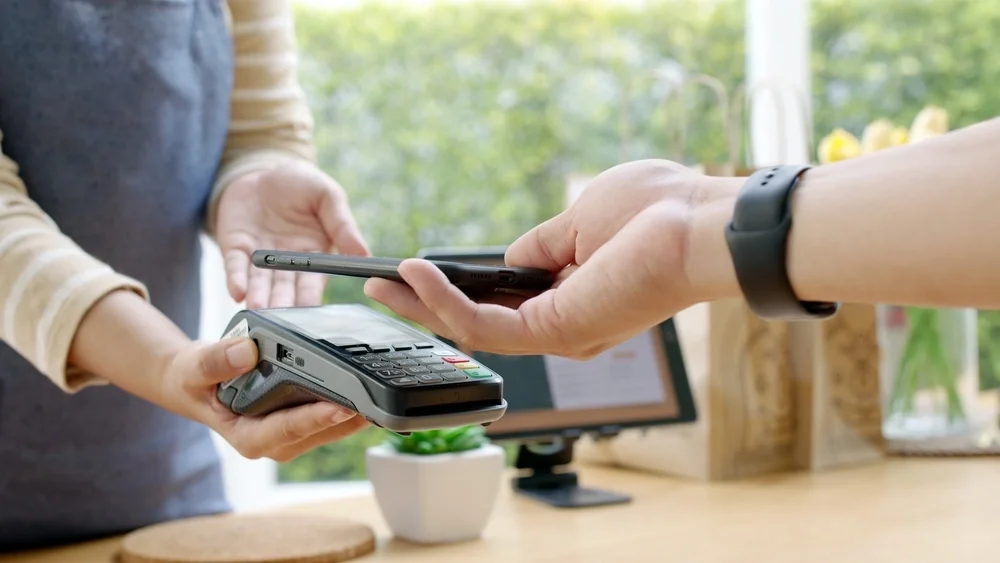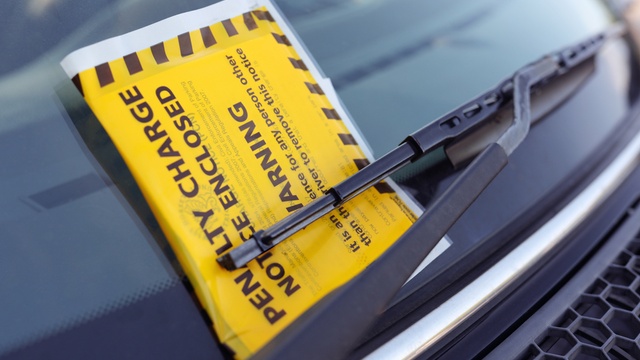No driver wants to return to their car to find a parking ticket stuck to their windscreen. It can put a dampener on even the brightest of days.
In most areas, parking on public land is managed by the local council. If a parking attendant issues you with a parking ticket, this is called a PCN (penalty charge notice).
When an area for parking on public land is not managed by the local council, it’s managed by the police. If you are issued a parking ticket by the police or a traffic warden, then this is called an FPN (fixed penalty notice).
How much is a parking ticket?
A PCN in the UK is £90. You’ll be given 28 days to pay the full amount in full. If you pay it all within the first 14 days, you’ll receive a 50% reduction which means you’ll only have to pay £45.
An FPN could cost anywhere from £50 upwards. You'll also be given 28 days to pay this amount in full and receive a 50% reduction if you pay within the first 14 days.
How to appeal a PCN
Start by writing to the council to explain why you don't think you should pay. This is called an informal appeal and can be done online. You should include any evidence you might have as this will help your case.
If you appeal within the first 14 days of receiving your parking ticket, your discount period will be frozen. If you win your appeal you won't have to pay for anything. However, if it's rejected you would still have the option to pay the reduced amount.
How to appeal an FPN
Appealing an FPN is slightly different. Sometimes the only way to do it is by taking your case to court and pleading not guilty. FPN's are issued by the police so they are dealt with by the criminal justice system.
Informal appeals are allowed in some cases. The details of how to appeal will be on your parking ticket.
Should I pay for my parking ticket if I'm going to appeal it?
It’s advised not to pay your parking ticket until you’ve received a response to your appeal because getting a refund can be difficult.
What happens if my appeal gets rejected?
You’ll then have to do a formal appeal (otherwise known as Making Formal Representations). Contact your local council, and they’ll be able to guide you through this process.
If for whatever reason you do not hear back from the council within 45 days of your appeal letter, then they would be forced to cancel the PCN.
What happens if you don't pay for a parking ticket?
If you don't pay your PCN within 28 days, you’ll receive an NTO (notice to the owner). This will allow the owner of the car an additional 28 days to pay.
If you’ve received an NTO you won't be able to appeal informally, but you’ll still be entitled to make a formal appeal.
If you decide not to dispute your parking ticket or you fail to pay the PCN after the additional 28 days, you’ll be sent a Charge Certificate. Once you’ve received a Charge Certificate, you’ll no longer be entitled to appeal your PCN formally.
When you receive your Charge Certificate, you’ll be given 14 days to pay the full amount. If you fail to make the payment your debt will then be registered with the Traffic Enforcement Centre. Once this happens, you’ll receive an Order for Recovery as well as a Witness Statement. Your charge will also have another £8 added to it.
If you’ve received an Order for Recovery, your only options are to pay what you owe or file a Witness Statement with the Traffic Enforcement Centre.
If things remain unresolved at this stage, your debt will then be passed over to a Certificated Enforcement Agent (AKA, the bailiffs), who’ll be responsible for collecting the debts owed.
At this stage, the amount of debt will continue to rise, so it’s best to try and resolve everything before it reaches this point.
What happens if I lost my parking ticket?
If you’ve lost your parking ticket, the best thing to do is contact your parking ticket issuer and ask them how they’d like you to proceed.
This is likely to be different for each council. Before contacting them make sure you have your registration number to hand, as well as information on where and when you received your PCN.
For further advice on parking tickets, you should contact Citizens Advice.
Disclaimer: We make every effort to ensure content is correct when published. Information on this website doesn't constitute financial advice, and we aren't responsible for the content of any external sites.







